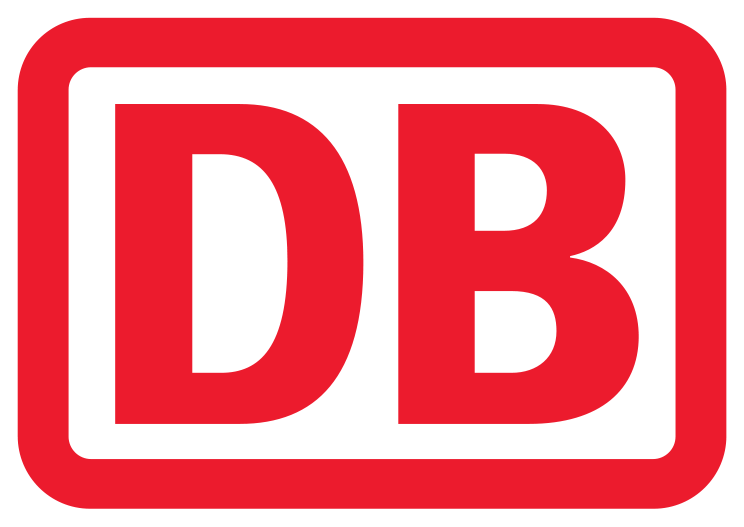Hybrid project management in public administration
Efficient planning and flexible implementation of complex projects

Contents
Traditional (plan-driven) project management
- Relevant roles and phases in the context of traditional project management.
- SMART project objectives and clarification of the assignment.
- Stakeholder analyses and project evaluation (opportunity and risk analysis, resources, motivation and willingness of the relevant stakeholders).
- Project planning: work breakdown structure (WBS), time and process planning (Gantt chart), resource and cost planning.
- Project realization and control (project controlling).
- Project completion & evaluation.
Agile project management with Scrum
- Comparison: Traditional - agile project management.
- Agile Manifesto.
- Scrum as an iterative approach.
- Relevant roles in the Scrum framework: Product Owner, Scrum Master, Developer.
- Relevant routines in the Scrum framework: Sprint Planning, Daily Scrum, Review, Retrospective.
- Relevant Scrum artifacts: product backlog, sprint backlog, product increment.
Hybrid project management: combining traditional & agile project management in a meaningful way
- Possible combinations of traditional and agile project management elements - depending on the degree of complexity of the project: sequential, parallel and integrated application of different process models.
- Relevant roles and phases in hybrid project management.
- Presentation of a concrete best-practice example from public administration.
- Critical success factors and concrete recommendations for the effective introduction of project management in public administration.
- Software recommendations for hybrid project management.
- Useful tips for drawing up a project management guideline.
- Recommendations for the successful implementation of a uniform project management standard.
You have the opportunity to bring in and work on your own projects during the seminar in order to experience a direct personal benefit.
On the third day, a second speaker, Andreas Eberhardt, will join the training . He has successfully implemented standardized project management in his city administration in the past. His experience report will provide valuable insights into the practical application and implementation of a hybrid project management approach in the public sector.
Learning environment
In your online learning environment, you will find useful information, downloads and extra services for this training course once you have registered.
Your benefit
- You will get to know classic and agile project management methods in a compact and systematic way.
- You understand the ideas and challenges of both approaches.
- You will learn how elements of classic project management can be combined with agile methods in order to be able to react flexibly to changing challenges.
- You prepare yourself and your administration for the challenges of integrating agile and classic project methods.
- You will receive examples and experience from best practices and can develop successful concepts for your own administration.
Methods
Trainer input, case study from administrative practice, practical workshop, group work, best-practice examples, work aids and checklists, discussion, exchange of experience.
Recommended for
All managers responsible for projects and employees in public administration or the public sector. project managers and project team members who would also like to learn about and apply the agile approach, as well as product owners and scrum masters who want to expand their methodological skills.
No previous knowledge of project management is required.
Further recommendations for "Hybrid project management in public administration"
41502
41504
Start dates and details

Wednesday, 14.10.2026
10:00 am - 5:30 pm
Thursday, 15.10.2026
09:00 am - 5:30 pm
Friday, 16.10.2026
08:30 am - 4:00 pm
- one joint lunch per full seminar day,
- Catering during breaks and
- extensive working documents.
- one joint lunch per full seminar day,
- Catering during breaks and
- extensive working documents.








